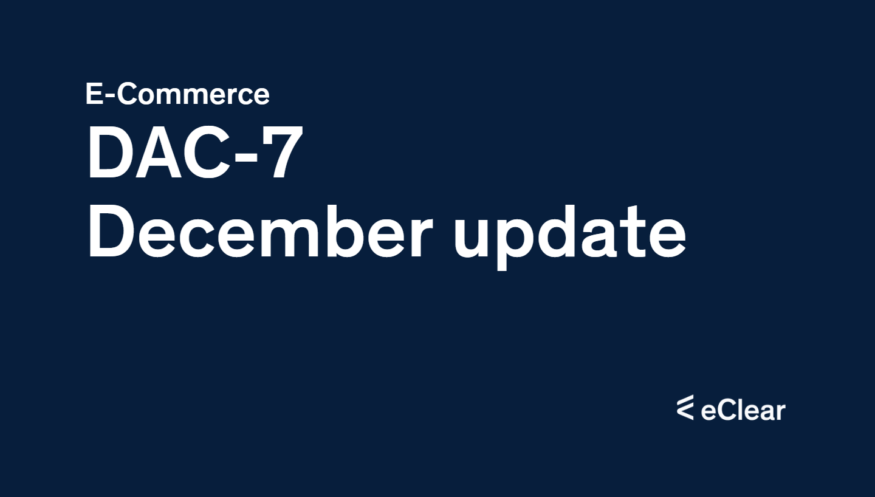The DAC-7 Directive includes new reporting and information requirements for digital platforms that enable their users to:
- Selling goods, e.g. Amazon or eBay
- Rent out properties, e.g. Airbnb or Booking.com
- Providing personal services, e.g. Uber or TaskRabbit
- Hire transport, e.g. ShareNow or MILES
DAC-7 affects platforms of all sizes
Under the DAC-7 Directive, merchants who sell goods or provide services through digital platforms are called “sellers”. This new regulation means that affected platforms and marketplaces must validate and share your sellers’ data with the tax authorities of the respective country, including:
- Name
- Address
- Tax ID
- Bank account number
- Annual revenue via your platform
DAC-7 was adopted by the European Council on 22 March 2021, and it instructed EU members to fully transpose the directive into national law by 31 December 2022. The first DAC-7 reports must be submitted at a company level by 31 January 2024. The first report is based on vendor data from 2023, so platforms must now collect and validate all the required information. Data validation of existing sellers must be completed by 31 December 2024.
The current situation in the EU
This autumn has seen an increase in activity. Several EU countries have made significant progress in implementing DAC-7 by either launching public consultations, publishing draft legislation or, in the case of Austria and Slovakia, directly transposing DAC-7 into national law.
The map below shows the current status of implementation across Europe.
Source: fonoa.com






